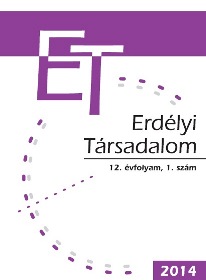„Hát mi fl akonyozunk…” Beszámoló egy terepmunka eredményeiről
“Well, We Collect Plastic Bottles…” Results of an Ethnographic Fieldwork
Author(s): Hajnalka HarbulaSubject(s): Social Sciences
Published by: Presa Universitara Clujeana
Keywords: women and the labour market, family, spatial segregation, subsistence economy
Summary/Abstract: This study was written in the frame of a project that studied different forms of residential segregation. Using an example it shows how spatial segregation and isolation is produced, and also the role segregation plays in shaping formal and informal everyday strategies in a context where the Roma, a minority group, live in the periphery of the Hungarian majority. The study is based on ethnographic fieldwork and interviews with inhabitants of the slum. My analysis shows that in the context of spatial segregation the only solid basis of the large family’s livelihood was the aid received from the relatives, as authorities did not support them in solving their social problems (unemployment, dropping out from basic supplies etc.). Examples in this analysis show how the adaptation strategies have changed as part of the regime changes. While before 1989 they had access to more or less legal, formalized work, from the beginning of the 1990s informal adaptation strategies have become widespread in the community.
Journal: Erdélyi Társadalom
- Issue Year: 12/2014
- Issue No: 01
- Page Range: 151-162
- Page Count: 12
- Language: Hungarian

